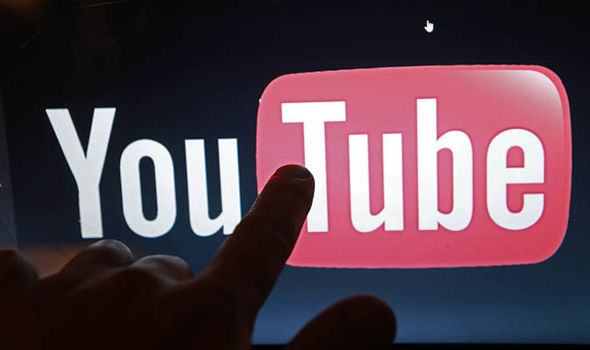Introduction:
YouTube is at the vanguard of the internet streaming platforms that have completely changed how we consume media in recent years. A sizable collection of audiovisual content, including podcasts and music, is available on YouTube. Users frequently look for solutions to convert YouTube videos to audio files as a result, which has contributed to the growth of “YouTube to MP3” converters. This article tries to provide a thorough examination of the legitimacy and practicality of these converters, illuminating both the advantages and risks of using them.
1. Understanding YouTube to MP3 Converters:
Users can extract audio from YouTube videos and save it as an MP3 file using internet tools or software programmed called YouTube to MP3 Converters. Users of these converters can download and listen to their preferred music tracks, podcasts, or other audio files on a variety of devices without an online connection.
2. Conversion from YouTube to MP3 Is Legal:
Debatable is whether or not converting YouTube to MP3 is legal. Although downloading and distributing copyrighted information without the required consent from the copyright owners is typically unlawful, it is generally acceptable to view content on YouTube for personal use. Since YouTube hosts a significant amount of copyrighted information, downloading and converting it without authorization may violate copyright laws.
It’s crucial to remember that YouTube has a built-in offline option that enables viewers to download videos for offline watching. This capability, however, is exclusive to the YouTube app and cannot be used to extract simply audio. Any attempt to get around this restriction through third-party tools can give rise to legal issues.
3. Risks Associated with YouTube to MP3 Converters:
Copyright Infringement: A) As was already noted, it is illegal to download copyrighted information using a YouTube to MP3 converter without permission. Such actions may have legal repercussions, such as DMCA takedown notices, litigation, and fines.
B) Malware and Security Threats: Numerous websites or software programmed that convert YouTube to MP3 are hosted by shady or dubious entities. Through the distribution of malware, spyware, and other dangerous software, these platforms may put consumers at risk. To reduce the possibility of compromising private information or electronic equipment, extreme caution and the use of only trustworthy converters are essential.
4. Alternatives to YouTube to MP3 Conversion That Are Legal:
There are various lawful alternatives to using possibly illegal means to obtain and enjoy music or audio content:
A) Streaming Platforms: A variety of trustworthy streaming services, including Spotify, Apple Music, and Amazon Music, provide sizable music and audio content libraries for online streaming. These platforms frequently give users the option of offline listening within their programmed, doing away with the requirement for third-party converters.
B) Authorized Downloads: A lot of musicians, record labels, and content producers provide their music for sale or free download on their official websites, in online music stores, or on websites and services like Band camp and SoundCloud. These approved downloads guarantee legitimate access to the required content and help the authors.
Conclusion:
Though YouTube to MP3 converters provide flexibility and convenience, their use creates significant moral and legal issues. Users must be informed of the dangers that could result from malware distribution and copyright infringement. People should look at lawful options like authorized downloading and streaming platforms rather than engaging in potentially illicit actions.
Making informed decisions about media consumption and remaining up to date on copyright regulations are crucial as technology advances. We can create a healthy and robust digital economy for everyone to enjoy by respecting intellectual property rights and financially helping artists and content providers.

